Media have “key role” in civil society
U.S. Ambassador in Belgrade Michael Kirby stated on Thursday that media played a very important role in civil societies.
Thursday, 01.11.2012.
12:48

BELGRADE U.S. Ambassador in Belgrade Michael Kirby stated on Thursday that media played a very important role in civil societies. According to him, the main challenges the media in Serbia are facing, in addition to economic, technological and political changes, comprise ownership transparency, competitiveness and privatization. Media have “key role” in civil society Opening a conference on media, Kirby welcomed the commitment of the Serbian Culture and Information Minister Bratislav Petkovic and the Serbian government to continue the implementation of reforms in the media sector, including the media strategy. “The media can have a key role in the civil society because information help us understand the world we live in better and adopt better decisions,” Kirby said at the beginning of the two-day conference hosted by USAID to mark 15 years of development of independent media in Serbia. The ambassador underscored that the U.S. was committed to continuation of support to the Serbian media in its further development. IREX Deputy President Mark Whitehouse said that his organization and USAID had been supporting the development of independent media for 15 years now. The topics discussed at the meeting will cover the media strategy and its implementation, media freedoms, professionalism and sustainability, preconditions and key issues for the development of the media in Serbia, as well as the use of social networks in journalism. Petkovic stated that the Serbian government had chosen the evolutionary path in regulating the media scene. “The path implies that good parts are preserved and developed, that what the profession dismissed is removed and that solutions that would make clear contribution to the development of the democratic society are sought step by step,” he explained. Speaking at the conference dubbed "Building independent media in Serbia - fifteen years later", the minister pointed out that the freedom of the media was one of the Serbian government's main tasks. According to him, a working group has been formed, comprising experts who already worked on the media strategy. The working group is tasked with redefining the strategy and harmonizing the existing working versions of media laws in legal and technical terms. "We want to discuss all debatable issues transparently and in a democratic atmosphere. We intend to reach an agreement on as many issues as possible, and when we reach the necessary agreement - draft law will come for a public discussion," he noted. In the process of withdrawal of state from media ownership, talks on concrete solutions for Radio Yugoslavija and publishing agency Jugoslovenski pregled have been conducted, and there is a proposal that their ownership transformation should be carried out within new legal solutions. "In talks with Tanjug's management, we received assurances that they are ready for ownership transformation and market operations. We should now choose some of the modern European models that could be implemented in present circumstances, and the solutions will be such that Tanjug will not affect the work of other private agencies," the minister stressed. “In order for the process of withdrawal of state from media ownership to be successful, we need to remove the collision between the law on public information and the law on the broadcasting agency, which prohibit the state from establishing media outlets, and the law on local self-government and the law on the capital city, which permit this,” Petkovic stressed. Tanjug
Media have “key role” in civil society
Opening a conference on media, Kirby welcomed the commitment of the Serbian Culture and Information Minister Bratislav Petković and the Serbian government to continue the implementation of reforms in the media sector, including the media strategy.“The media can have a key role in the civil society because information help us understand the world we live in better and adopt better decisions,” Kirby said at the beginning of the two-day conference hosted by USAID to mark 15 years of development of independent media in Serbia.
The ambassador underscored that the U.S. was committed to continuation of support to the Serbian media in its further development.
IREX Deputy President Mark Whitehouse said that his organization and USAID had been supporting the development of independent media for 15 years now.
The topics discussed at the meeting will cover the media strategy and its implementation, media freedoms, professionalism and sustainability, preconditions and key issues for the development of the media in Serbia, as well as the use of social networks in journalism.
Petković stated that the Serbian government had chosen the evolutionary path in regulating the media scene.
“The path implies that good parts are preserved and developed, that what the profession dismissed is removed and that solutions that would make clear contribution to the development of the democratic society are sought step by step,” he explained.
Speaking at the conference dubbed "Building independent media in Serbia - fifteen years later", the minister pointed out that the freedom of the media was one of the Serbian government's main tasks.
According to him, a working group has been formed, comprising experts who already worked on the media strategy. The working group is tasked with redefining the strategy and harmonizing the existing working versions of media laws in legal and technical terms.
"We want to discuss all debatable issues transparently and in a democratic atmosphere. We intend to reach an agreement on as many issues as possible, and when we reach the necessary agreement - draft law will come for a public discussion," he noted.
In the process of withdrawal of state from media ownership, talks on concrete solutions for Radio Yugoslavija and publishing agency Jugoslovenski pregled have been conducted, and there is a proposal that their ownership transformation should be carried out within new legal solutions.
"In talks with Tanjug's management, we received assurances that they are ready for ownership transformation and market operations. We should now choose some of the modern European models that could be implemented in present circumstances, and the solutions will be such that Tanjug will not affect the work of other private agencies," the minister stressed.
“In order for the process of withdrawal of state from media ownership to be successful, we need to remove the collision between the law on public information and the law on the broadcasting agency, which prohibit the state from establishing media outlets, and the law on local self-government and the law on the capital city, which permit this,” Petković stressed.











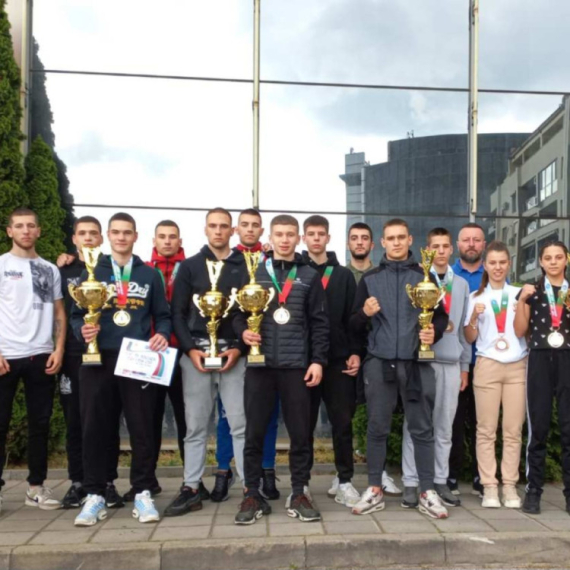
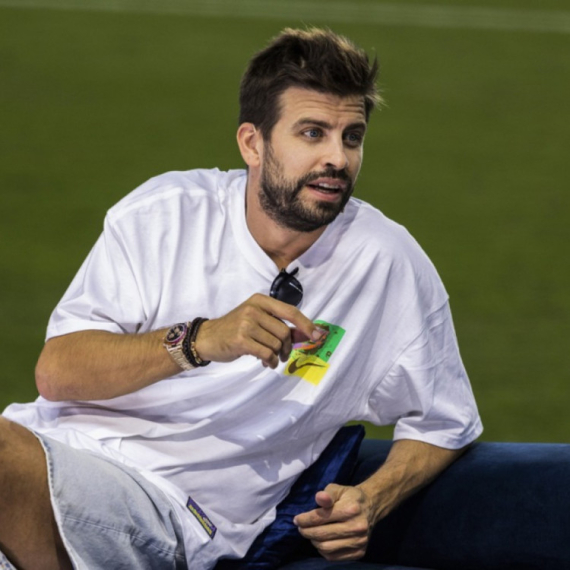


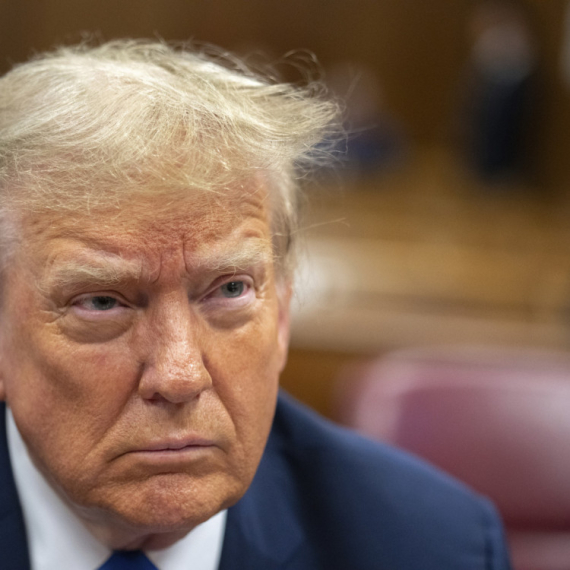
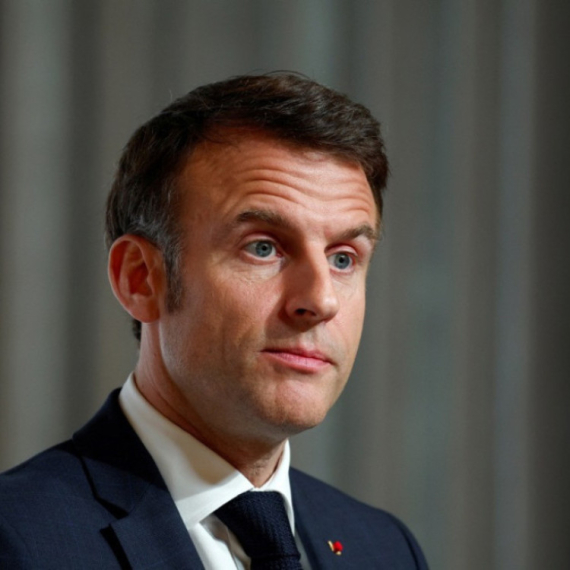




















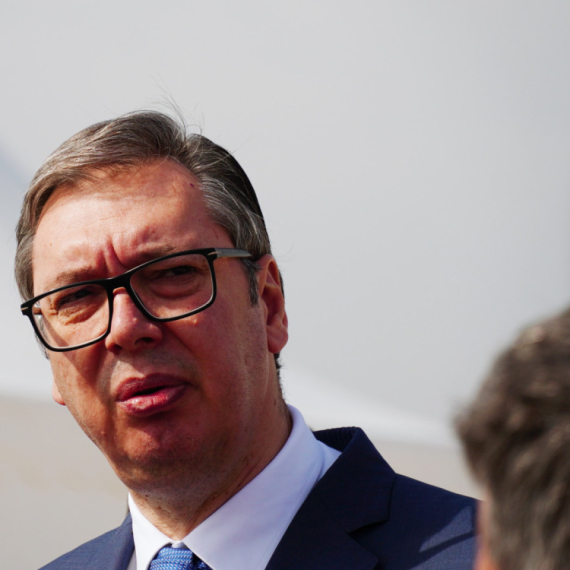















Komentari 1
Pogledaj komentare